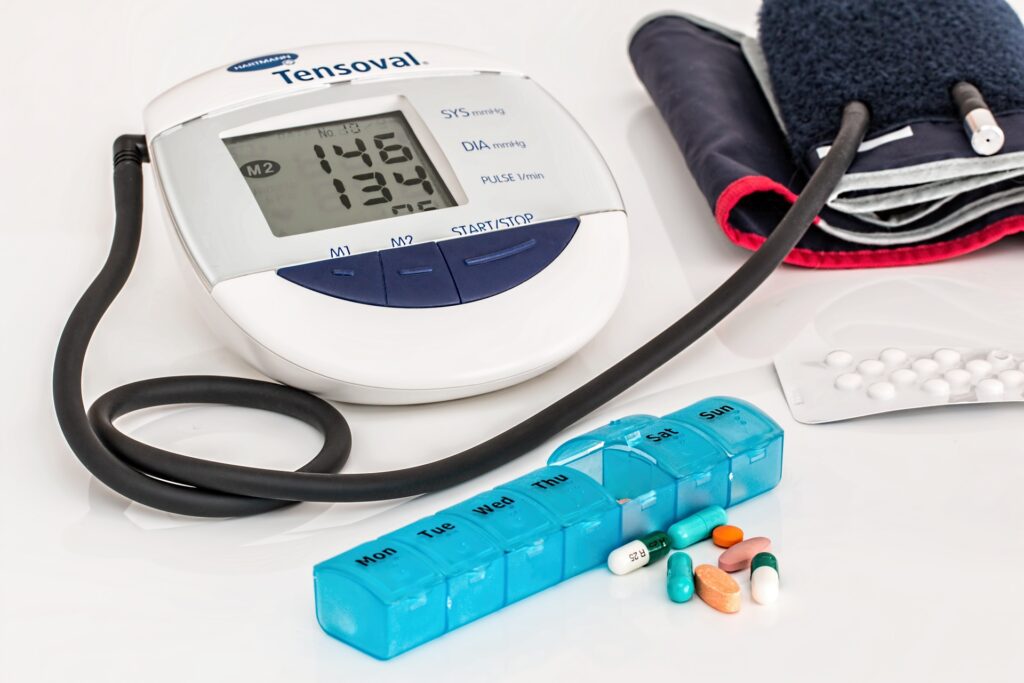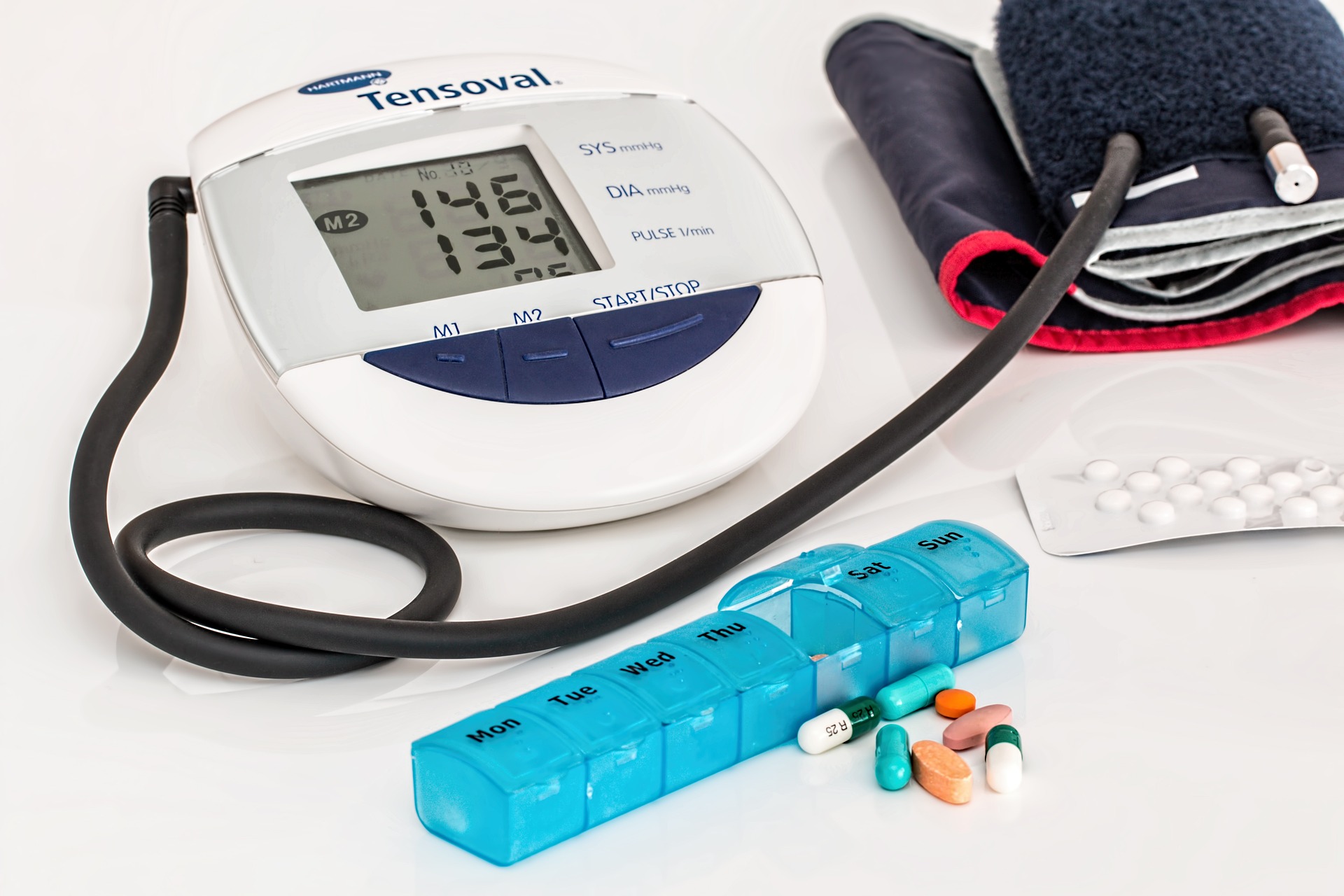Researchers from the University of California, Irvine led a team that found that treatment with an extract from the roots of the Rhodiola rosea plant might be effective for helping manage type 2 diabetes, showing promise as a safe and effective non-pharmaceutical alternative.

Rhodiola rosea was found to lower fasting blood sugar levels, improve response to insulin injections, modulate the composition of bacteria in the gastrointestinal tract, and decrease several biomarkers of inflammation, according to a study that was just recently published online in Scientific Reports. The research was conducted on a mouse model of human type 2 diabetes.
“Over the course of the last few decades, both the incidence of type 2 diabetes and the costs that are incurred as a result of the disease have steadily increased. Rhodiola rosea is a good candidate for further investigation, according to our study, which shows that humans have been using plants and other natural products for the treatment of diseases for thousands of years “Dr. Mahtab Jafari, a professor of pharmaceutical sciences at the University of California, Irvine, was the corresponding author on the study. “The most up-to-date treatment recommendations call for adopting a healthier lifestyle in addition to taking oral and intravenous medications. On the other hand, these medications come with a number of significant drawbacks or adverse effects, which raises the urgency for the development of novel therapeutic interventions.”
In order to determine whether or not Rhodiola rosea could help improve glucose homeostasis, the research team used a genetically engineered mouse model that develops obesity, insulin resistance, and high blood sugar in a manner that is comparable to advanced human type 2 diabetes. In the study, groups of male and female mice of the same age were randomly assigned to either the control group, which was given water, or the experimental group, which was given Rhodiola rosea extract.
“Our findings suggest that Rhodiola rosea might be beneficial for treating type 2 diabetes, acting through changes in the microbiome that result in increased gut barrier integrity and decreased translocation of inflammatory molecules into the blood circulation,” Jafari said. “Our findings suggest that Rhodiola rosea might be beneficial for treating type 2 diabetes.” “Gut barrier integrity influences body weight and insulin response,” and this botanical product has the potential to improve the ways in which the liver and muscle tissues respond to insulin produced by the pancreas.
The next thing that the team will do is conduct a larger follow-up study in a different mouse model of obesity-induced diabetes in order to verify these findings and investigate the molecular mechanisms that are at play. In the long run, Dr. Jafari’s goal is to conduct clinical trials of Rhodiola rosea in patients who suffer from type 2 diabetes.
“In order to determine whether or not standardized plant extracts are effective, the efficacy of these extracts needs to be evaluated through the use of high-quality pre-clinical studies that are based on reliable methodologies. We have prepared the groundwork for clinical studies involving humans, with the end goal of enhancing the patients’ health outcomes who are afflicted with type 2 diabetes “Jafari said.



